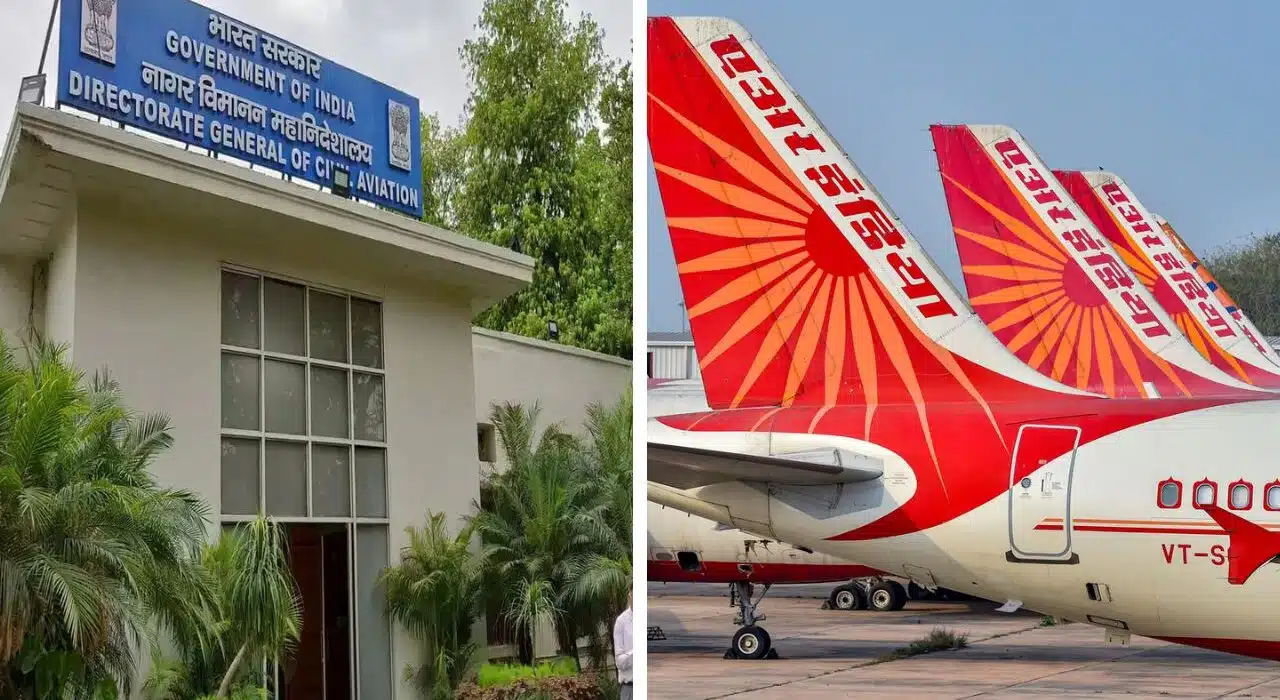Aviation safety watchdog DGCA has ordered Tata Group-owned Air India to remove its 3 officials. It consists divisional VP, from all roles and responsibilities associated with crew scheduling and rostering over serious lapses.
In its order of June 20, the Directorate General of Civil Aviation (DGCA) also directed the airline to provoke court cases against those 3 officials right now. Air India, in a statement,t said it had mentioned the regulator’s directive and carried out the order.
DGCA Pass Order to Remove 3 Air India Officials
“In the interim, the corporation’s Chief Operations Officer will provide direct oversight to the Integrated Operations Control Centre (IOCC). Air India committed to ensuring that there may be overall adherence to safety protocols and well-known practices,” the airline said.
The DGCA order stated: “Repeated and critical violations voluntarily disclosed by Air India concerning flight team scheduled and operated no matter lapses in licensing, relaxation, and recency necessities.
“These violations followed during post-transition overview from ARMS to the CAE Flight and Crew Management System.” ARMS (Air Route Management System) is the software program platform used by the airline for diverse operational and management duties, such as group rostering and flight planning, among others.
Aviation Safety watchdog flag severe lapses
The voluntary disclosures, “while referred to, point to systemic screw ups in team scheduling, compliance monitoring, and inner duty,” the DGCA order said. It flagged that “specific difficulty is the absence of strict disciplinary measures against key officials immediately responsible for these operational lapses.”
The regulator mentioned that these officials worried about “serious and repeated lapses together with “unauthorized and non-compliant group pairings, violation of obligatory licensing and recency norms and systemic screw ups in scheduling protocol and oversight.”
The DGCA also warned Air India that future violations in team scheduling will invite “strict action,” including license suspension and operational regulations.
